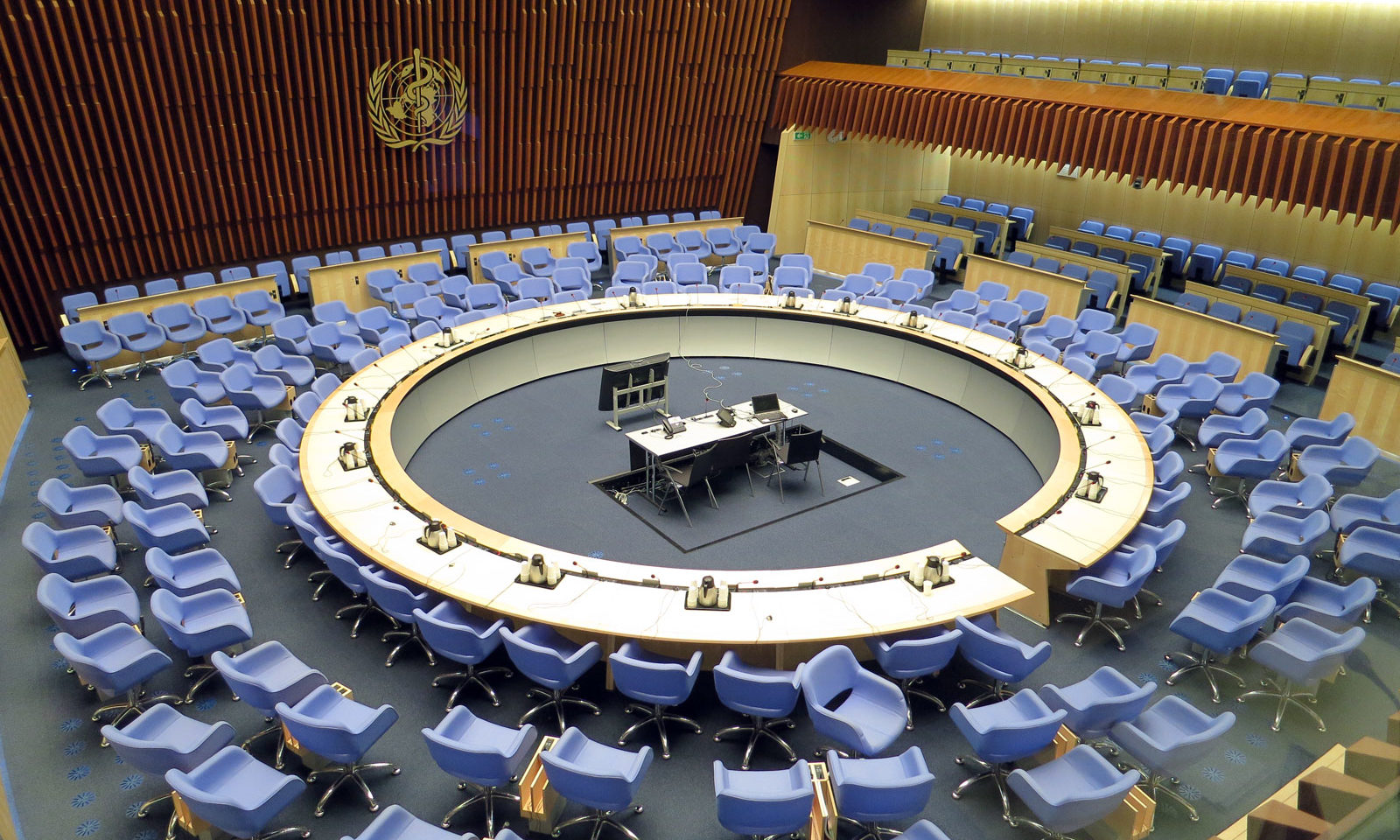This week the World Health Organization’s Executive Board meets in Geneva to set the year’s agenda for global health.
As the United Nations agency responsible for global health, the WHO has a full in-tray. The current crisis with the Chinese coronavirus, coming on the back of recent outbreaks of Ebola and Zika, shows that new and deadly diseases can emerge without warning and that global coordination is key. Work needs to be done to tackle the looming crisis of drug resistant bacteria that stand to makes today’s antibiotics ineffective. And too few people have access to basic healthcare, despite significant increases in global prosperity.
With its technical expertise and global mandate, the WHO is central to solving these problems. But it has limited resources. At around US$450m, its annual core budget is like that of large hospital in a developed country. It should therefore focus on the few areas where it has unique expertise and influence – tackling transnational diseases, preparing for international pandemics and advising countries on healthcare reform.
WHO’s leader, Dr. Tedros Adhanom Ghebreyesus, deserves credit for increasing spending on health emergencies since his election in 2017. This makes the world better prepared to deal with the current outbreak as it evolves.
But WHO continues to spread itself too thinly, involving itself in dozens of peripheral areas, many of which are best left to national or local governments.
Alongside tropical diseases and immunization, WHO busies itself publishing recommendations on subjects ranging from traffic safety, prison violence to school health and sunburn.
WHO continues to spread itself too thinly, involving itself in dozens of peripheral areas, many of which are best left to national or local governments.
It is this piecemeal approach that undermines the WHO, according to Jeremy Farrar, director of the UK-based global health research charity the Wellcome Trust.
“It’s so thinly stretched,” he told Reuters. “There’s arguably no organisation on earth that could cover all those (topics) at sufficient depth to be authoritative.”
At its executive board meeting next week, the agenda covers global health staples such as pandemic preparedness and increasing access to vaccines. As it should.
However, the board will also be distracted by discussions on how to weaken the intellectual property (IP) rights that drive discovery of new health technologies. Some within the WHO believe that diluting patent rights will make medicines cheaper to the benefit of all.
The WHO should not waste its valuable time and resources on this topic. The vast majority of treatments prescribed in both developing are off-patent and therefore unaffected by IP rules. Yet far too many still do not have reliable access to them.
The reasons why have been long known, and they have little to do with IP.
According to WHO, the world is currently short of 7.2 million healthcare workers, rising to 12.9 million by 2035. Thanks to a lack of healthcare insurance, 150 million people each year suffer financial catastrophe due to
paying for healthcare directly themselves. Burdensome national regulations add years to the time taken to register new life-saving drugs, and a wide array of taxes and tariffs add unnecessarily to the price of medicines.
The WHO has specific expertise in overcoming these problems, and it fits squarely in its mandate. It should redouble its focus here, and not be distracted by peripheral issues such as IP for medicines.
At any rate, the WHO’s prescription of removing IP rights from medicines would create enormous uncertainty for domestic and international investors. Why launch a new drug, undertake research and development, or build a complex high-tech manufacturing facility in a country whose government may not protect property rights?
The fall in innovation and new drug launches in countries that undermine IP rights would see patients lose for no obvious benefit elsewhere.
Given the major health challenges the world faces in 2019, a narrow focus on IP is unjustified. It will not lead to the improvements in care that are desperately needed in many countries. It looks like a political move by WHO staff to intervene in areas that are best left to national governments.
The WHO is most effective when it unites nations around practical solutions, rather than dividing them in ideological debates. Next week in Geneva the Executive Board needs to steady the ship. WHO’s proper role should to be to set the top priorities for global health, and not try to be all things to all people. WHO must get back to basics, and put politics to one side.


